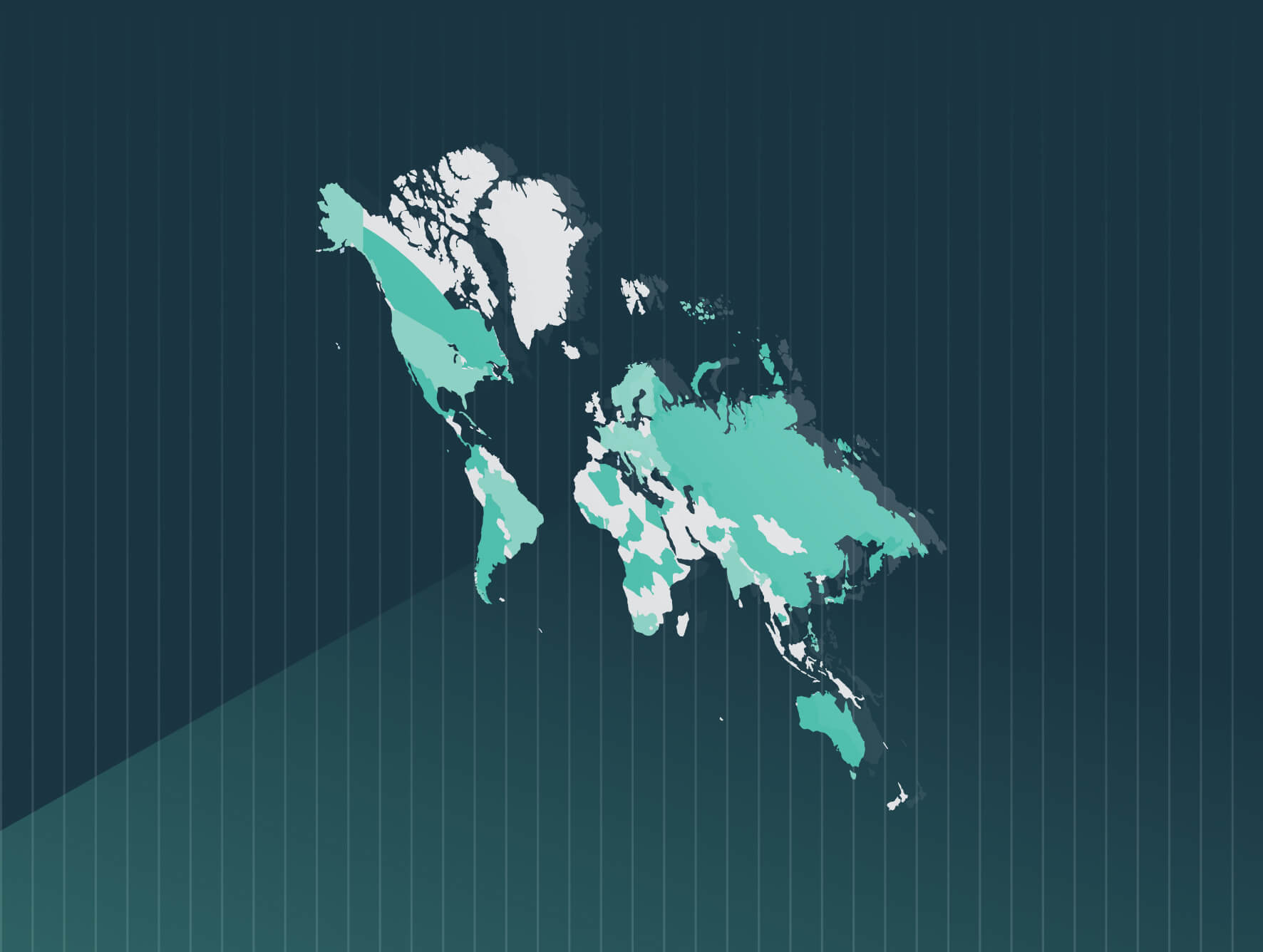McDonald’s is laying the groundwork for universal pay equity measures nationwide with new commitments to disclose diversity, equity, and inclusion (DEI) data. This move is a breakthrough for pay equity advocacy and signifies a significant cultural leap toward workforce transparency.
Below we’ve outlined McDonald’s commitments, how the company could further advance its DEI efforts, and why employers should leverage workforce data to implement similar DEI transparency initiatives in their own organizations.
Commitments to disclose data and set lofty diversity goals
Released earlier this year, McDonald’s new DEI commitments are threefold. First, the fast-food giant has agreed to publicly release its EEO-1 employee demographics by race, ethnicity, and gender. In this regard, McDonald’s is leading the way, as only about a quarter of the 100 top U.S. companies are disclosing their EEO-1 data, according to a Bloomberg survey from October 2020.
To better represent the population, McDonald’s has also set goals to increase the number of people of color in U.S. management positions and achieve gender equality on a global scale.
According to a Bloomberg article, the company has released specific targets it will use to make these goals a reality. Individuals from underrepresented groups will make up 35% of U.S. senior management by 2025 (up from 29% currently). Women will comprise 45% of senior roles worldwide by 2025 and 50% by 2030 (compared with 37% now).
Notably, McDonald’s DEI initiatives contain a mechanism for ensuring accountability and showing they are committed to achieving their goals – the global chain has agreed to tie 15% of its executives’ pay bonuses to meeting diversity and inclusion targets.
McDonald’s CEO Chris Kempczinski said in a letter addressed to the company’s employees, “Since the day I stepped into the CEO role, I’ve said that actions are bigger than words. And because actions are even more powerful when they are underpinned by transparency, we’re sharing critical data on diversity, equity and inclusion at McDonald’s publicly, and will regularly update this data over time,” according to an article by QSR magazine.
Employers should note that McDonald’s commitment to DEI data transparency and accountability are both key strategies for advancing DEI initiatives. In addition, Kempczinski’s words suggest that the DEI data will be reviewed and updated regularly — another key component for moving the needle on DEI goals.
Disclosure of employee compensation data
McDonald’s efforts come in response to building pressure for the corporation to publicly disclose its DEI data. While the company leads diversity and inclusion efforts in some areas, it lags in others, and could further move the needle on its commitments to DEI by releasing its employee compensation information.
Data transparency has proven to be an effective way of identifying and closing gender/racial pay disparities in the workplace. Organizations that do so are also more successful in making their DEI goals a reality. Certain states such as California, Illinois, New York, and New Jersey are already requiring employers to disclose employee compensation data.
The Equal Employment Opportunity Commission (EEOC) also required pay data reporting information from organizations via Component 2. While the requirement is currently on hiatus, employers’ obligations to submit hours of service and W-2 data on employees as part of the annual EEO-1 report may soon return. The Office of Federal Contract Compliance Programs’ Jenny Yang too, is focusing on contactors’ compensation data to ensure pay equity.
Federal legislation requiring employers to disclose employee pay data is imminent and best DEI practices encourage organizations to approach the topic proactively.
Using data to build better workforces and a more equitable future
Employers watching from the sidelines should revisit their own DEI initiatives and leverage data like McDonald’s, to achieve goals. With employers being held more accountable, and performative metrics no longer being accepted as the status quo, now is the time to implement a system. One of the best ways for organizations to meet DEI targets is to measure and track progress.
Employers can implement a comprehensive monthly DEI process with our all-in-one PayParity solution. Our ongoing monitoring tools help your organization achieve its DEI goals while minimizing risk and establishing optional disclosures. As McDonald’s is currently modeling, transparency and concrete action plans are key to achieving authentic change.








